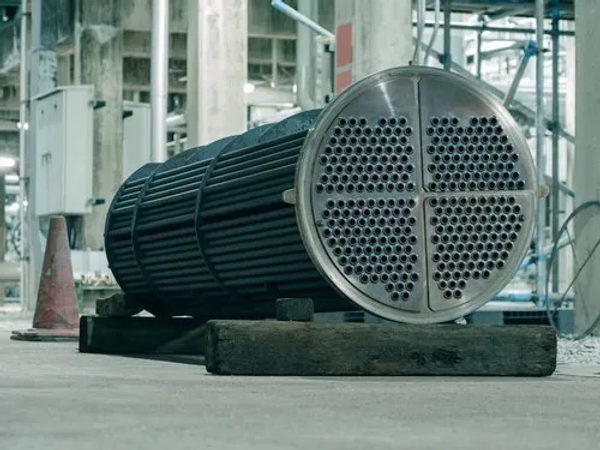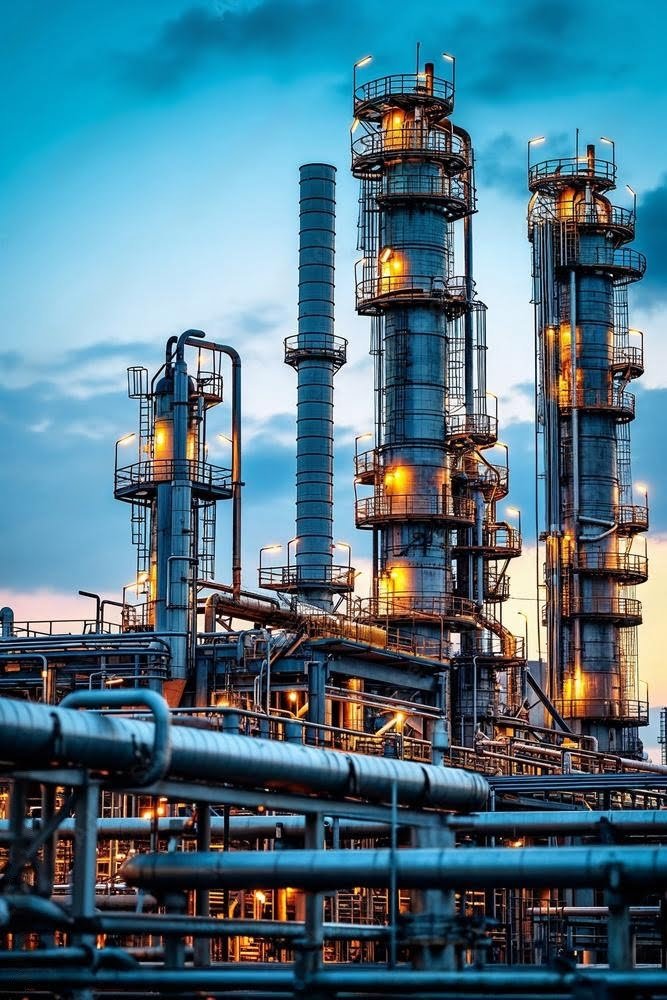Condensers in Pharmaceutical Manufacturing Types & Applications
In the pharmaceutical manufacturing industry, condensers play a crucial role in various processes, including sterilization. These devices are designed to remove heat from a substance, converting it from a gas or vapor state into a liquid state. This article provides an overview of different types of condensers and their specific applications in pharmaceutical manufacturing.

Types of Condensers
1. Surface Condensers
Surface condensers are widely used in pharmaceutical manufacturing for their efficiency in heat transfer. These condensers consist of a shell and tube design, where the vapor flows through the tubes while the cooling medium circulates around them. The vapor condenses on the outer surface of the tubes, transferring heat to the cooling medium. Surface condensers are commonly employed in processes such as distillation, solvent recovery, and vacuum drying.
2. Shell and Tube Condensers
Shell and tube condensers are another popular type used in pharmaceutical manufacturing. They consist of a bundle of tubes enclosed within a shell. The vapor flows through the tubes, while the cooling medium circulates around them. This design allows for efficient heat transfer and is suitable for high-pressure applications. Shell and tube condensers are commonly used in processes like steam sterilization, where the condensation of steam is required.
3. Air-Cooled Condensers
Air-cooled condensers are ideal for situations where water availability is limited or costly. These condensers use ambient air as the cooling medium, eliminating the need for water-based cooling systems. Air-cooled condensers find applications in pharmaceutical manufacturing processes that involve volatile solvents or where water contamination is a concern.
4. Falling Film Condensers
Falling film condensers are specifically designed for processes that require high heat transfer rates. They consist of vertical tubes where the vapor flows downward, forming a thin film on the inner surface of the tubes. The cooling medium circulates around the tubes, causing the vapor to condense rapidly. Falling film condensers are commonly used in pharmaceutical manufacturing processes such as evaporation and concentration.
Applications of Condensers in Pharmaceutical Manufacturing
Sterilization Processes
Condensers play a vital role in sterilization processes within the pharmaceutical industry. Autoclaves, which are widely used for sterilization, rely on condensers to convert steam into liquid water. The condensation of steam releases a significant amount of heat, ensuring effective sterilization of equipment, containers, and pharmaceutical products. Condensers also aid in the recovery of sterilization agents, reducing waste and optimizing resource utilization.
Solvent Recovery
Pharmaceutical manufacturing often involves the use of volatile solvents. Condensers are utilized to recover these solvents by condensing the vapors emitted during various processes. Surface condensers and falling film condensers are commonly employed for efficient solvent recovery, minimizing environmental impact and reducing production costs.
Distillation and Purification
Distillation is a crucial process in pharmaceutical manufacturing for separating and purifying different components. Condensers are integral to this process, as they facilitate the conversion of vaporized substances back into liquid form. Surface condensers and shell and tube condensers are commonly used in distillation units to ensure efficient separation and purification of pharmaceutical compounds.
Vacuum Drying
Vacuum drying is a widely used method in pharmaceutical manufacturing to remove moisture from sensitive products. Condensers aid in this process by condensing the evaporated moisture, allowing for efficient drying. Surface condensers are often employed in vacuum drying systems to ensure optimal moisture removal without compromising the quality of the pharmaceutical products.
In conclusion, condensers play a crucial role in various applications within the pharmaceutical manufacturing industry. Understanding the different types of condensers and their specific applications can help optimize processes, improve efficiency, and ensure the production of high-quality pharmaceutical products. By utilizing the appropriate condenser for each process, pharmaceutical manufacturers can enhance sterilization, solvent recovery, distillation, and vacuum drying processes, ultimately contributing to the overall success of the industry.
Learn More
For more information on our sustainable practices and equipment offerings, visit our pages on Reactors and Autoclaves, Process Vessel and Tanks, Hydrogenators, Pilot Plant Systems, Distillation Columns, Heat Exchangers and Condensers, and Large Size Pipe and Pipe Fittings.
Check out this Embracing Sustainability: The Eco-Friendly Applications of Exotic Metals
Check out this: Embracing Sustainability: The Eco-Friendly Applications of Exotic Metals
Check out this: The Importance of Material Selection in Chemical Equipment Manufacturing
Check out this: Pioneering the Future of Mining: Extracting Exotic Metals Sustainably
Check out this: The Role of High-Quality Reactors in Pharmaceutical Manufacturing
Check out this: The Future of Exotic Metals in Emerging Applications and Technological Advancements
Check out this: Ensuring Reliability: The Critical Role of Quality Assurance in Large Size Pipe and Pipe Fittings
Check out this: Working with Exotic Metals: Fabrication Techniques and Safety Tips

